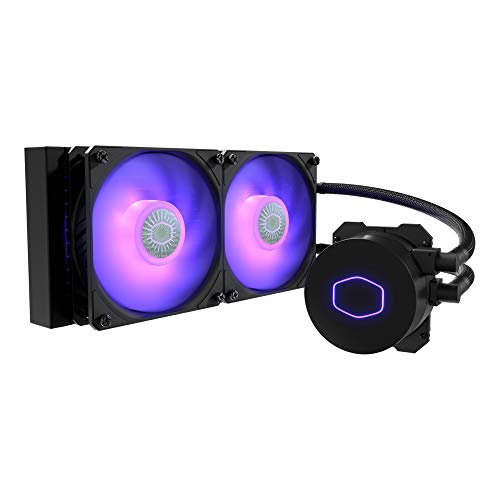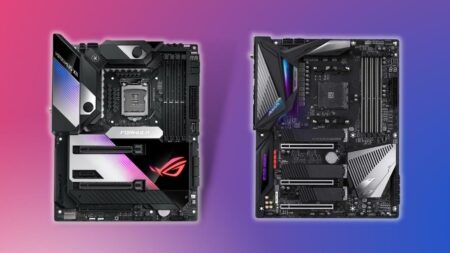There are many cooling options for CPUs, and one of the most popular are AIO (All in one) Coolers.
But are AIO coolers safe? That’s a question that a lot of people have been asking lately.
We did some research and found that, overall, AIO coolers are pretty safe.
However, there are a few things you should be aware of before using one.
In this blog post, we will discuss the safety of AIO coolers and give you some tips on how to stay safe while using them.
Are Air Coolers Safe?
As we mentioned above, AIO coolers are generally safe. However, AIO coolers are notorious for leaking after extended use, but they can also be damaged easily and cause a leakage that could damage your entire computer set-up.
That being said, it is always best to consult with the manufacturer of your AIO cooler before using it and to follow their safety instructions. Here are a few tips on how to stay safe while using your AIO cooler:
- Check for leaks before using your cooler. If you see any, do not use the cooler until it has been repaired.
- If you are using a liquid cooler, make sure the fluid levels are topped off before using.
- Do not use damaged or frayed Cooler power cords.
- Do not move your computer while the AIO cooler is running.
- Never leave your AIO cooler running unattended.
What Really Is An AIO Cooler?
AIO coolers, or all-in-one cooling systems, are a type of closed-loop liquid cooling that doesn’t require much upkeep. AIO’s use compressed custom water to cooling loops.
There is always the chance of leakage through which makes people second guess using them.
If an unlikely event, such as leakage, were to occur, you could contact the manufacturer and request warranty coverage. I should mention that these coolers are designed so that nothing can get in or out–not even liquid coolant. Hence, there is no need for you to change the Coolant ever. That’s why they’re called closed-loop All-In-One (AIO) devices.
How Long AIO Cooler Last?
The lifespan of an AIO cooler really varies. It depends on the model, brand, and quality of the materials used. Also, if you’re using it for heavy gaming or other demanding activities, your cooler will not last as long as someone who uses it more sparingly.
That being said, most AIO coolers should last 5-7 years with proper care. Just be sure to follow the manufacturer’s instructions on how to properly use and maintain your cooler.
When it comes to safety, AIO coolers are pretty safe overall. However, there are a few things you should keep in mind before using one.
Should I Choose Liquid or Air Cooler?
Now that you know a little more about AIO coolers, you may be wondering which type of cooler is right for you.
Liquid coolers are typically more expensive than air coolers, but they are also more effective at cooling your CPU.
If you are looking for a budget-friendly option, an air cooler is a good choice. However, if you want the best possible cooling for your CPU, a liquid cooler is the way to go.
The bottom line is that performance matters most. If you keep this in mind, liquid coolers will outperform air coolers more often than not. That being said, there are always exceptions and a few high-end air coolers can offer comparable results to some liquid options.
When you compare top tier products like high-end AIOs however, the difference in results is significant.
While you might think one is better than the other, maintenance is still the key to making them last. If you want your AIO cooler to last for an extended period of time, then you will need to put some effort into maintenance.
This is especially important if your cooler has a custom loop rather than the standard AIO. You must maintain all aspects of the custom loop in order to keep it functioning properly.
In addition to checking and maintaining the fans and radiators, you’ll also want to make sure that they are free from dust buildup. Over time, dust can cause the components to slow down or even stop working entirely.

